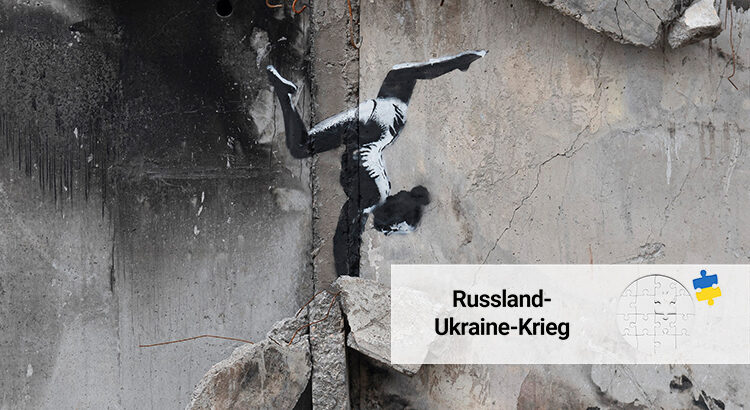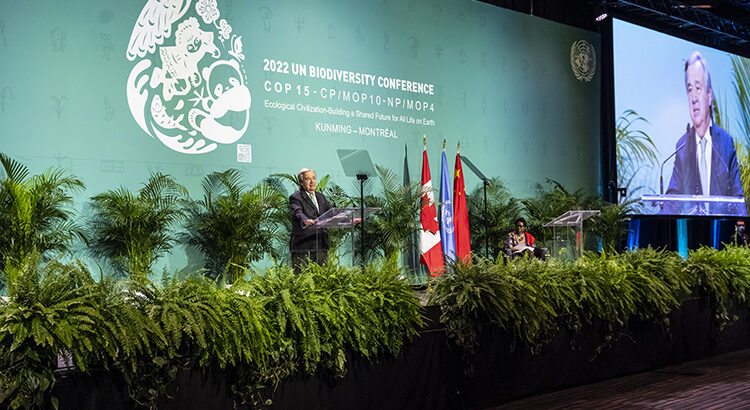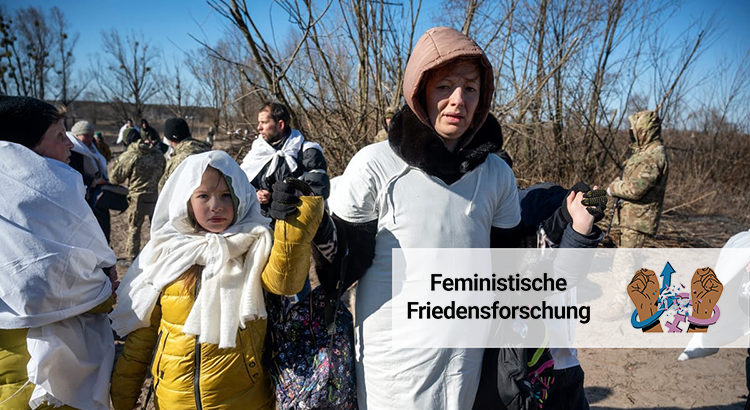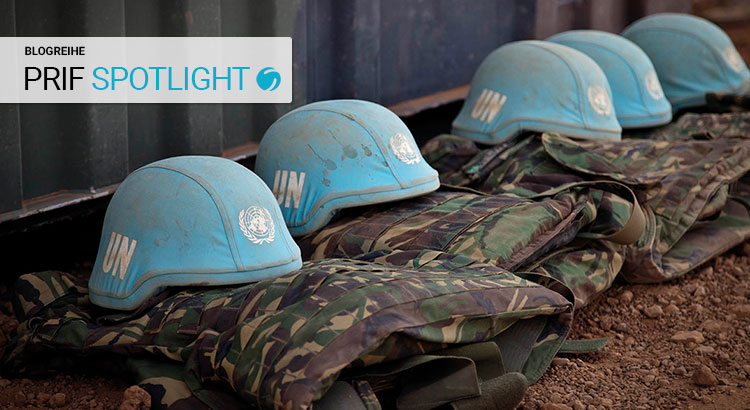The work on promoting gender equality in Ukraine continues even in the time of full-scale war, proving that the times of crisis could be used as an opportunity for a positive transformation. Tireless efforts of civil society and its prominent allies in politics have already had some fruits in keeping the topic in the public discourse, updating the National Action Plan (NAP) on UNSCR 1325 ‚Women, Peace and Security’ (WPS), and the ratification of the Council of Europe Convention on Preventing and Combating Violence Against Women and Domestic Violence (Istanbul Convention).
Schlagwort: UN
Stopping the Biodiversity Apocalypse: Existential Threats and Ecological Justice at COP15 in Montreal
Global biodiversity is in a deep crisis. UN Secretary General Antonio Guterres spoke of a “biodiversity apocalypse” and of “humanity as a weapon of mass destruction”. The COP15 gathering in Montreal from 7-19 December is tasked with finding a new global framework for effectively protecting global biodiversity. Despite of the scale and speed of biodiversity deterioration, the language of security obscures the key aspect of ecological injustice: not all of humanity is causing environmental destruction but specific modes of economic development and the inequitable distribution of environmental benefits and burdens between Global North and South, as well as non-human nature.
The Continuing Relevance of the “Women, Peace and Security” Agenda in the Context of Russia’s War on Ukraine
Ukraine has become one of the first countries to launch a National Action Plan (NAP) of the Women, Peace and Security Agenda (WPS) during a localized armed conflict and to update it during the full-scale invasion of the country. This blog unveils some of the ways that gender and war are intertwined in Ukraine while discussing the role of the WPS agenda.
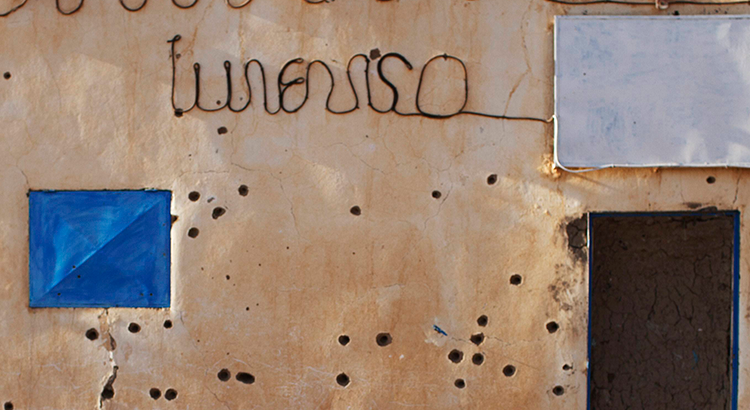
Cohérence politique pour la paix dans l’engagement allemand au Mali et au Niger ? Cinq recommandations d’action pour le gouvernement allemand
Les Lignes directrices du gouvernement allemand « Prévenir les crises, gérer les conflits, promouvoir la paix », adoptées en 2017, doivent servir de boussole stratégique pour l’engagement de l’Allemagne dans les contextes de crise et de conflit, comme au Sahel. Sur place, l’Allemagne soutient des mesures de stabilisation et de consolidation de la paix avec plusieurs ministères et en collaboration avec des partenaires internationaux. L’échec généralisé des efforts internationaux précédents pour promouvoir la paix dans la région appelle à un examen critique et à une réorientation de cet engagement. Notre étude, commandée par le Conseil consultatif allemand pour la prévention des conflits et la consolidation de la paix, utilise les exemples du Mali et du Niger pour montrer que l’engagement de l’Allemagne dans ces deux pays n’a jusqu’à présent pas réussi à mettre en œuvre de manière adéquate les principes formulés dans les Lignes directrices.
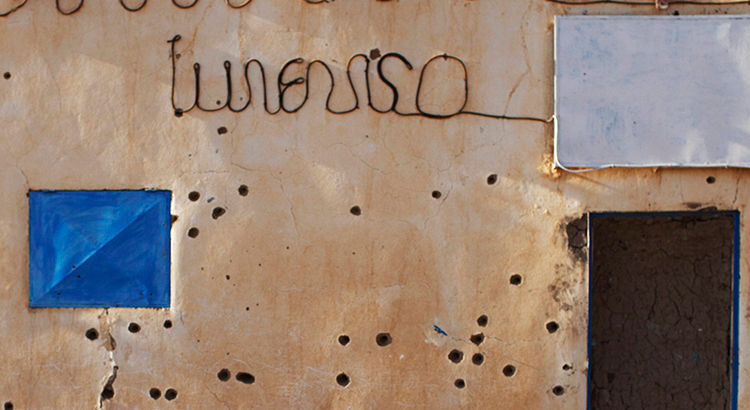
Policy Coherence for Peace in Germany’s Engagement in Mali and Niger? Five Recommendations for Action for the German Government
The German government’s Guidelines “Preventing Crises, Managing Conflicts, Promoting Peace”, adopted in 2017, are intended to serve as a strategic compass for Germany’s engagement in crisis and conflict contexts, such as the Sahel. There, Germany is supporting stabilization and peacebuilding measures through several ministries and in conjunction with international partners. In light of the widespread failure of previous international efforts to promote peace in the region, a critical review and reorientation of this engagement is required. Our study, commissioned by the Advisory Board to the Federal Government for Civilian Crisis Prevention and Peacebuilding, uses the examples of Mali and Niger to show that Germany’s engagement in both countries has so far failed to adequately implement the principles formulated in the Guidelines.
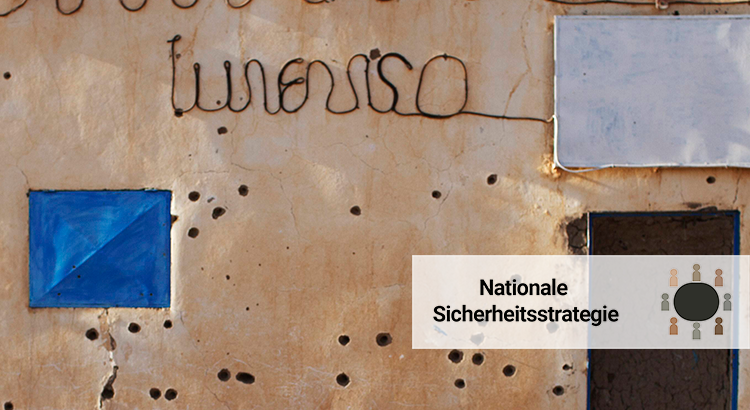
Friedenspolitische Kohärenz im deutschen Engagement in Mali und Niger? Fünf Handlungsempfehlungen für die Bundesregierung
Die 2017 verabschiedeten Leitlinien der Bundesregierung „Krisen verhindern, Konflikte bewältigen, Frieden fördern“ sollen als strategischer Kompass für Deutschlands Engagement in Krisen- und Konfliktkontexten, wie etwa im Sahel, dienen. Dort unterstützt Deutschland mit mehreren Ressorts und gemeinsam mit internationalen Partnern Maßnahmen zur Stabilisierung und Friedensförderung. Das weitestgehende Scheitern bisheriger internationaler Bemühungen für mehr Frieden in der Region verlangt eine kritische Überprüfung und Neuausrichtung dieses Engagements. Unsere Studie im Auftrag des Beirats der Bundesregierung Zivile Krisenprävention und Friedensförderung zeigt am Beispiel von Mali und Niger, dass Deutschlands Engagement in beiden Ländern die in den Leitlinien formulierten Prinzipien bisher nur unzureichend umsetzt.
Robustes Peacekeeping in Mali
MINUSMA zwischen Gewalteskalation und Friedensanstrengungen – Robuste Peacekeeping-Missionen werden in Konfliktkontexte entsandt, wo (noch) kein Frieden gesichert werden kann, sondern die Bedingungen für einen nachhaltigen Friedensprozess überhaupt erst geschaffen werden müssen. Hierzu setzen die UN-Truppen vermehrt und offensiv militärische Gewalt ein, was der eigentlichen Funktionslogik von UN-Peacekeeping widerspricht und eine Reihe von Zielkonflikten mit sich bringt. So auch in Mali, wo die UN seit 2013 mit einem robusten Mandat präsent ist. An der Mission ist auch Deutschland beteiligt, Ende Mai läuft das aktuelle Mandat zur Beteiligung der Bundeswehr an MINUSMA aus. Angesichts mangelnder Fortschritte im Friedensprozess und einer stetigen Verschlechterung der Sicherheitslage im Land, sollte der Bundestag die Ausgestaltung der Mission kritisch durchdenken.
